Optimal Timing for Gas Line Installations
Timing for gas line installations depends on various factors including weather conditions, project scope, and local regulations. Typically, the most suitable periods are during mild weather seasons when outdoor work is less affected by extreme temperatures or precipitation. Proper planning ensures safety and efficiency, minimizing delays and complications.
Spring and fall are generally ideal for gas line installations due to moderate weather conditions, reducing risks associated with extreme heat or cold.
Avoid installations during winter or heavy rain periods, as adverse weather can hinder work quality and safety.
Scheduling in advance ensures availability of skilled technicians and necessary equipment, leading to smoother installation processes.
Timing should align with local permit and inspection schedules to ensure compliance and avoid delays.
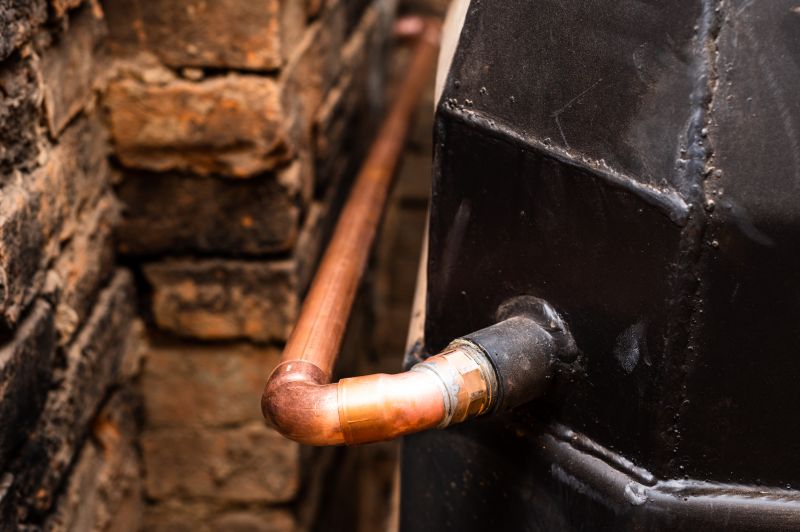
Installation during spring benefits from mild weather, facilitating efficient work.
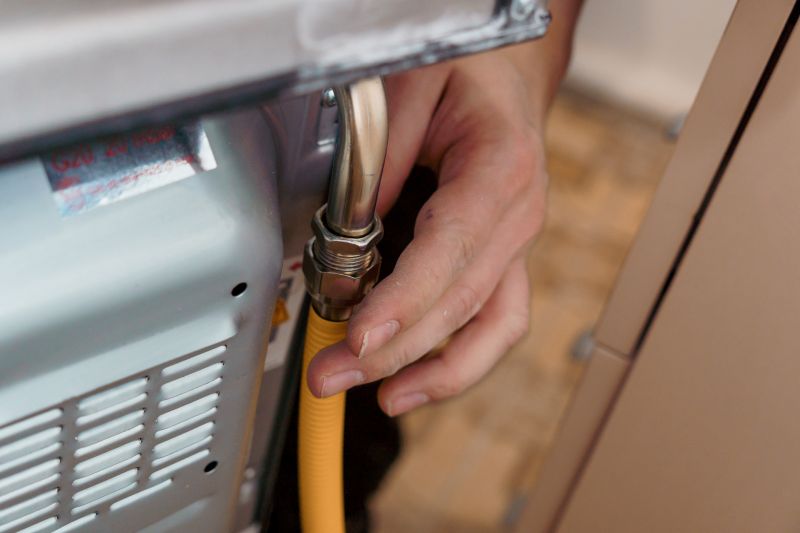
Optimal in moderate temperatures to ensure safety and quality.
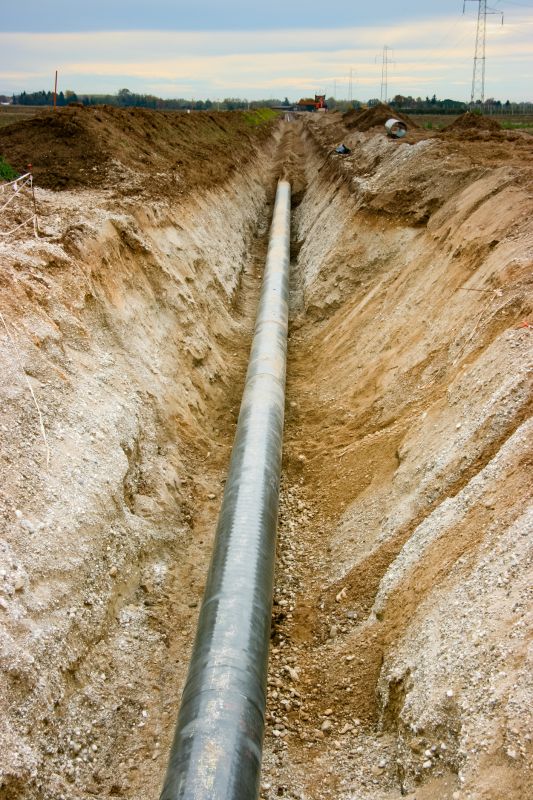
Ideal seasons for scheduling gas line installations.
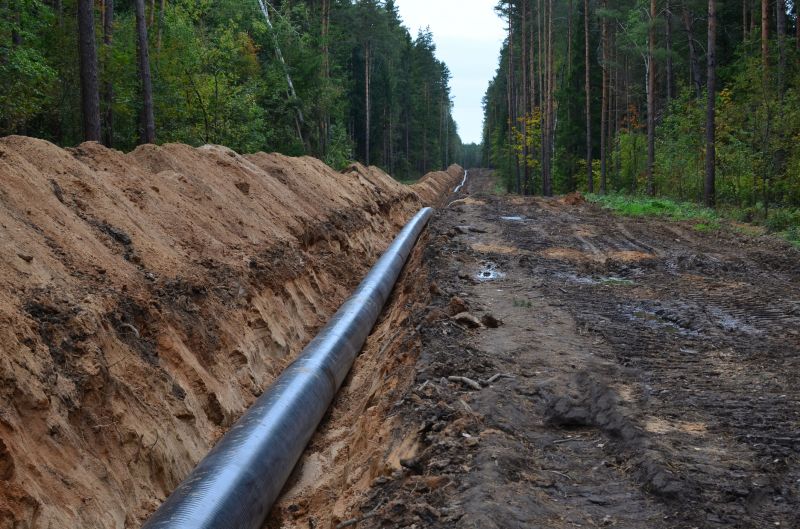
Ways to make Gas Line Installations work in tight or awkward layouts.
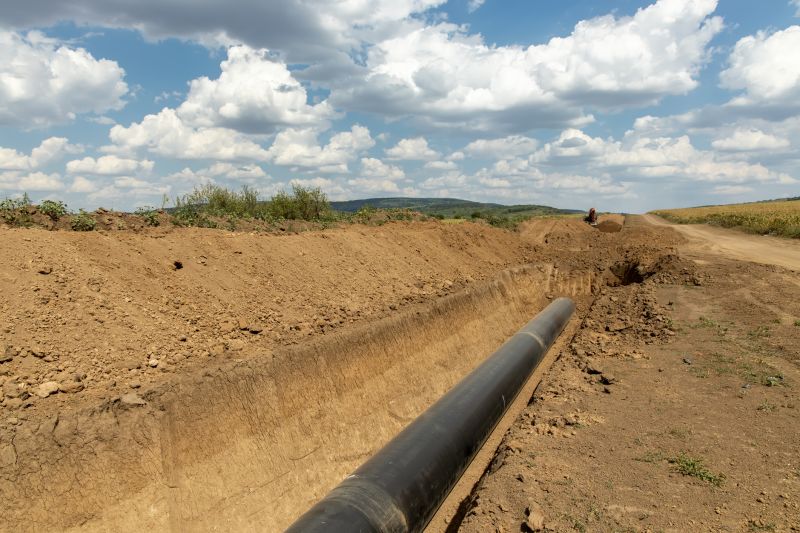
Popular materials for Gas Line Installations and why they hold up over time.
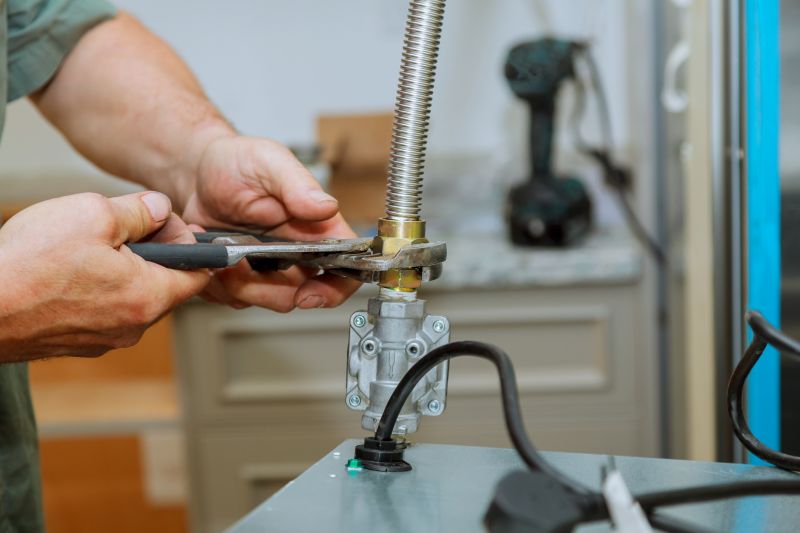
Simple add-ons that improve Gas Line Installations without blowing the budget.
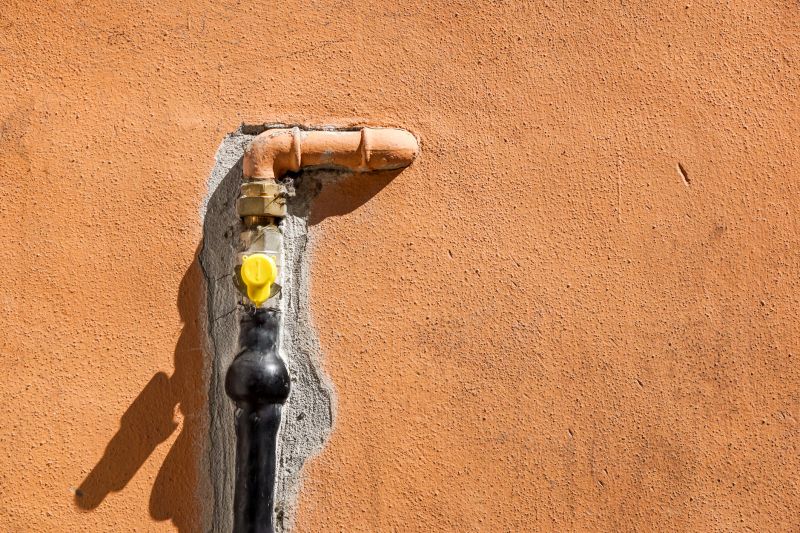
High-end options that actually feel worth it for Gas Line Installations.
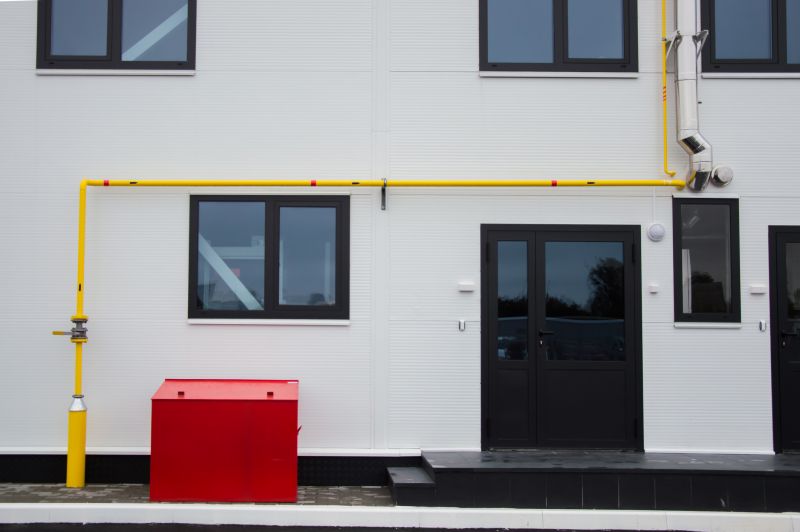
Finishes and colors that play nicely with Gas Line Installations.
Gas line installations are critical for delivering natural gas safely and efficiently to residential and commercial properties. Proper installation involves detailed planning, adherence to safety standards, and precise execution. Statistics indicate that correctly installed gas lines can last for decades with minimal maintenance, provided they are installed under optimal conditions and inspected regularly. Advances in materials and techniques have improved safety and durability, making timing an important factor to ensure long-term performance.
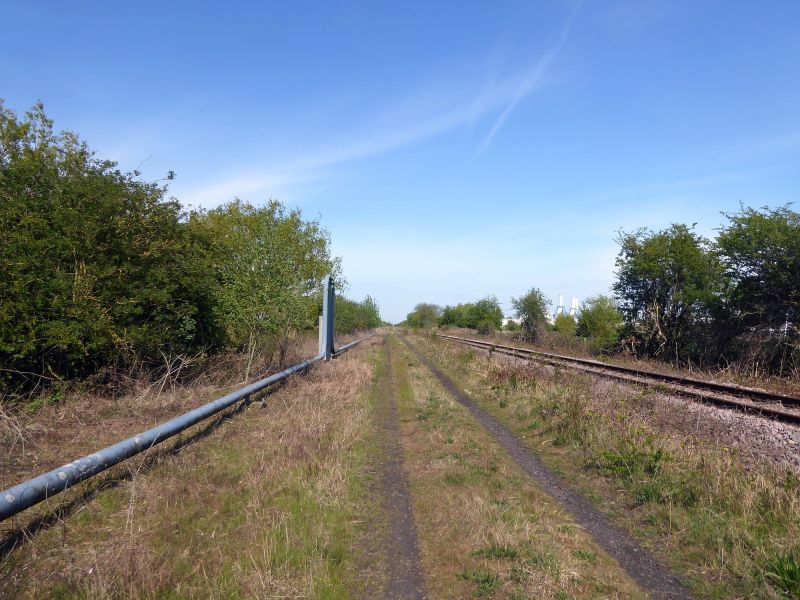
Technicians carefully install underground gas lines during optimal weather.
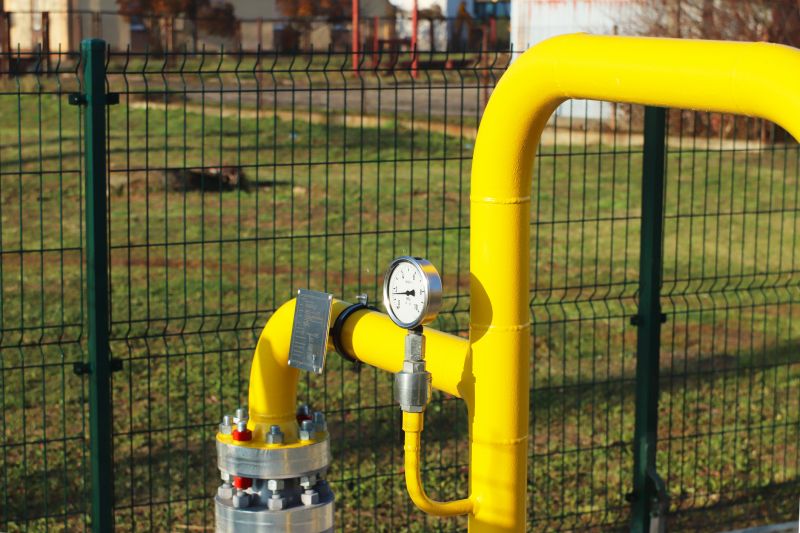
Routine inspections are essential for maintaining safety and performance.
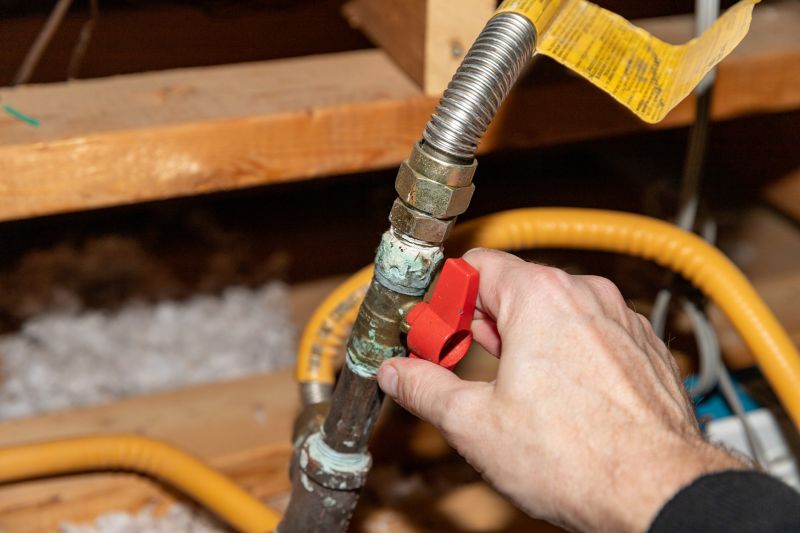
Properly installed gas lines ready for operation.
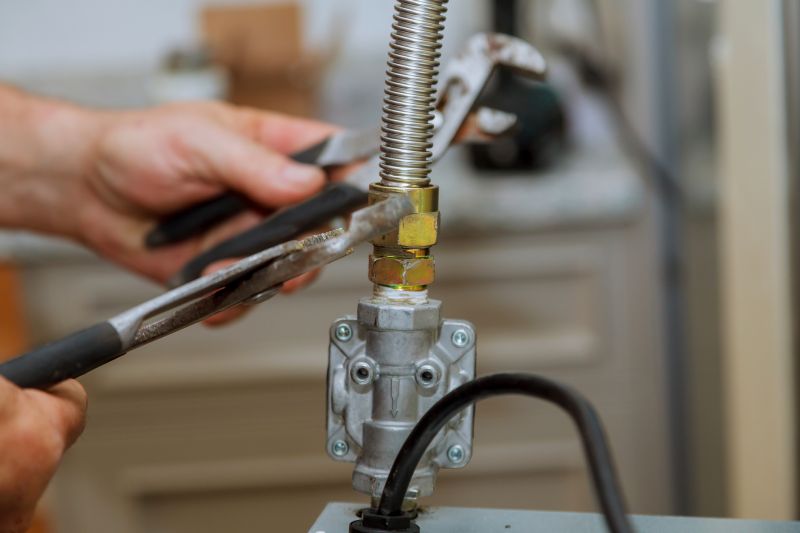
Little measurements that prevent headaches on Gas Line Installations day.
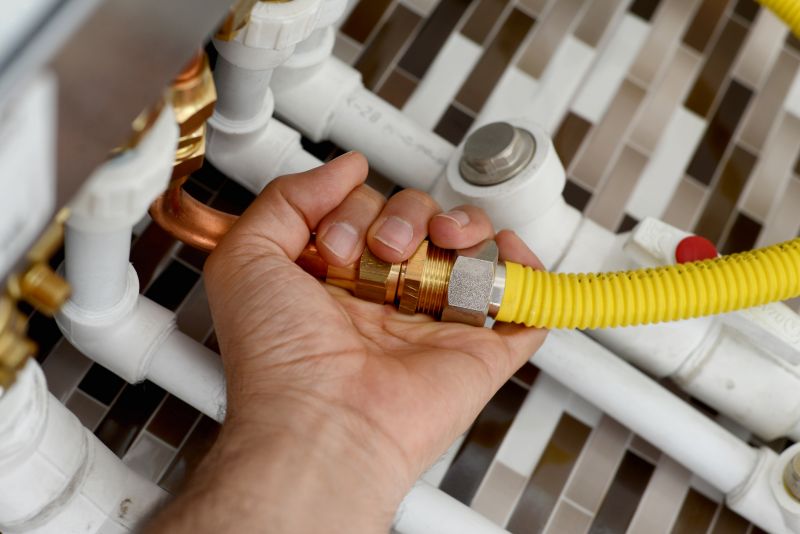
A 60-second routine that keeps Gas Line Installations looking new.
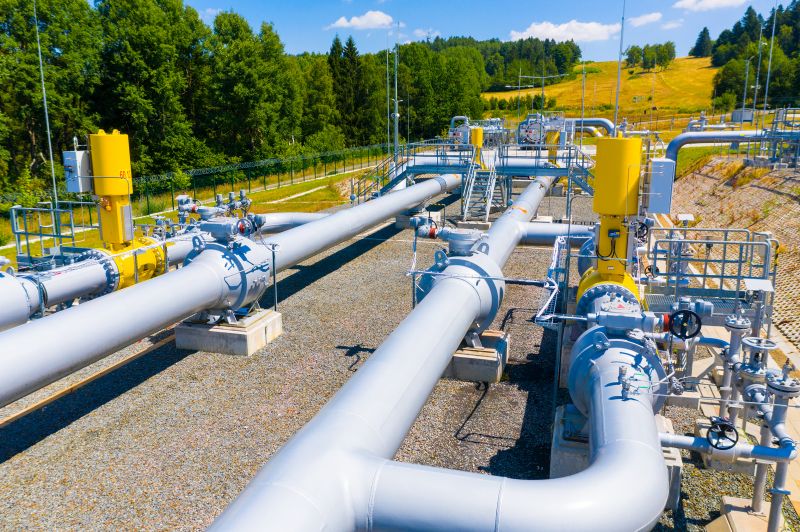
A frequent mistake in Gas Line Installations and how to dodge it.
| Aspect | Details |
|---|---|
| Best Seasons | Spring and fall are preferred for installation projects. |
| Weather Impact | Extreme cold or heat can delay or compromise work. |
| Planning Necessity | Advance scheduling improves project efficiency. |
| Regulatory Timing | Coordinate with local inspections and permits. |
| Lifespan Factors | Proper timing can enhance durability and safety. |
| Environmental Conditions | Avoid periods with heavy rain or snow. |
| Workforce Availability | Peak seasons often have more skilled technicians available. |
Interested in scheduling a gas line installation? Filling out the contact form provides an opportunity to discuss timing options and ensure the project aligns with optimal conditions for safety and longevity.
